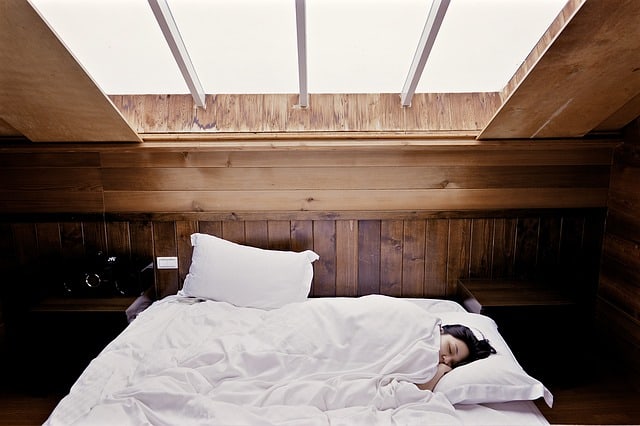Using certain substances, such as cocaine or stimulants, may decrease how much sleep you are getting. Other drugs, like cannabis, can increase the time you spend sleeping due to how it alters brain wave patterns. Undergoing detoxification from illicit substances and alcohol, likewise, can also change sleep routines. The possibility of relapse also increases depending on sleep difficulties due to the potential to self-medicate with alcohol and tranquilizers. Mental health disorders, such as bipolar disorder, can be linked to the amount of sleep one gets, as well as to substance abuse disorders. Studies show that over forty million Americans have been diagnosed with a chronic sleep disorder, and another twenty million Americans have less-frequent issues with sleeping.
Substance-induced sleep disorders occur when an individual is exposed to toxins or takes medications, alcohol, or drugs. Alcohol disturbs your normal sleep patterns by affecting your brain’s neurotransmitters. While in small increments you may find yourself tired or sedated, your REM sleep will be altered during the first half of the night. You will find yourself waking up a lot throughout the night due to a rebound of REM slumber. There is also a link between alcohol consumption and sleep apnea.
Cocaine does not disturb your sleep in the same manner as alcohol. This substance activates the release of dopamine, a brain chemical that increases being awake, which affects both non-REM and REM sleep become altered. Upon cessation from cocaine, you will feel extremely tired, and thus desire more cocaine to stay awake.
What Is Considered Typical Sleep?
Sleep is a necessity, as it restores the central nervous system, helps to preserve energy, regulates body temperature, and aids with the understanding of information and disposing of noncrucial memories. It’s necessary to get at least four hours of slumber in a twenty-four hour period, but it’s suggested that you shoot for up to nine hours of sleep daily.

During the time you are at rest, you will undergo non-REM sleep, where your body will move often and your brain activity will slow in a uniformed manner. This allows for a decrease in blood pressure, heart rate, and respiratory rate, while allowing each to remain steady.
Dreaming occurs when you reach REM (or rapid eye movement) sleep. In this state, your muscles will twitch, while your blood pressure and heart rate will no longer remain at a steady rate. REM sleep affects your memory as well as your ability to process information. Norepinephrine regulates sleep in this state.
Regain a Good Sleep Pattern Through the Help of an Alternative Treatment Program
At Discovery Place in Burns, Tennessee, we understand the importance of a good night’s sleep to achieve and maintain your sobriety. We offer a multitude of programs to suit your individual needs, including a thirty-day alternative treatment program. This program offers educational groups, one-on-one sessions to aid with creating individualized action plans, 12 Step therapy groups, and meetings both on and off campus. It also encompasses relapse prevention to aid you in identifying sober coping skills that you can use in the real world. Contact us today at 1-800-725-0922 to join over four-thousand recovery alumni.

